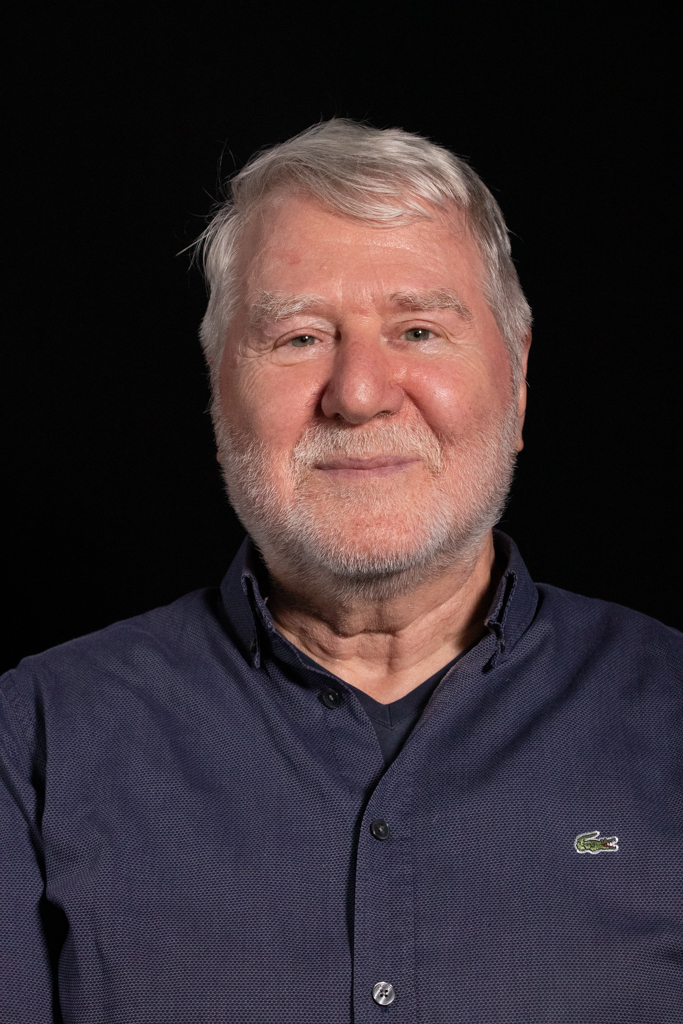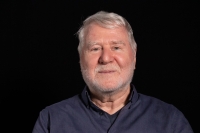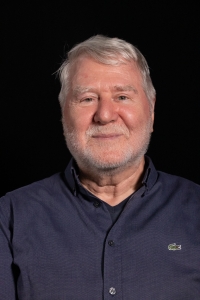Son of Chaim

Download image
Yechiel Bar-Chaim was born as Frederick Joul Gruber in Washington D.C. on July 15th 1945, to largely secular parents of Jewish descent. In 1957 the family moved to a suburb of Chicago, where he attended high-school. After obtaining a degree from Harvard University in General studies, he enlisted to infantry officer candidate school in the US Army. Upon hearing of a public relations job at the NATO headquarters in Belgium, he applied and was accepted, serving the organization for two and a half years. In 1972 he left the army and moved to Paris, where he studied French language and literature at the Sorbonne in a program subsidized by the US government for army veterans. Feeling an outsider wherever he was, he decided to move to Israel in 1974 and change his name to Yechiel Bar-Chaim – son of Chaim. Here, he married and had two children, one of which was adopted, and started his work for The American Jewish Joint Distribution Committee (JDC). In 1989 he was offered a post in Vienna as director of operation, receiving Jews fleeing the Soviet Union. After the fall of the Iron Curtain, the Vienna office of the JDC was shut down and the family moved to Paris. He kept his responsibilities of furthering democratic values in the Jewish communities in Czechoslovakia and was assigned the same tasks in Yugoslavia. However, with the war breaking out in 1990, his focus turned to evacuating Jews from the warzone, including from Sarajevo during the siege. In 1999, the JDC assigned him to oversee its efforts, especially in the field of providing social welfare, in Tunisia. He helped Jewish refugees flee the region during the Arab Spring, and care for the ones who remained in the region. In 2014, he decided to leave the JDC, but continued serving the philanthropic projects of Dr. Alfred Bader. Two years later, he permanently settled in Prague with his wife of Slovak decent, dedicating himself to social welfare projects for the Roma communities.

